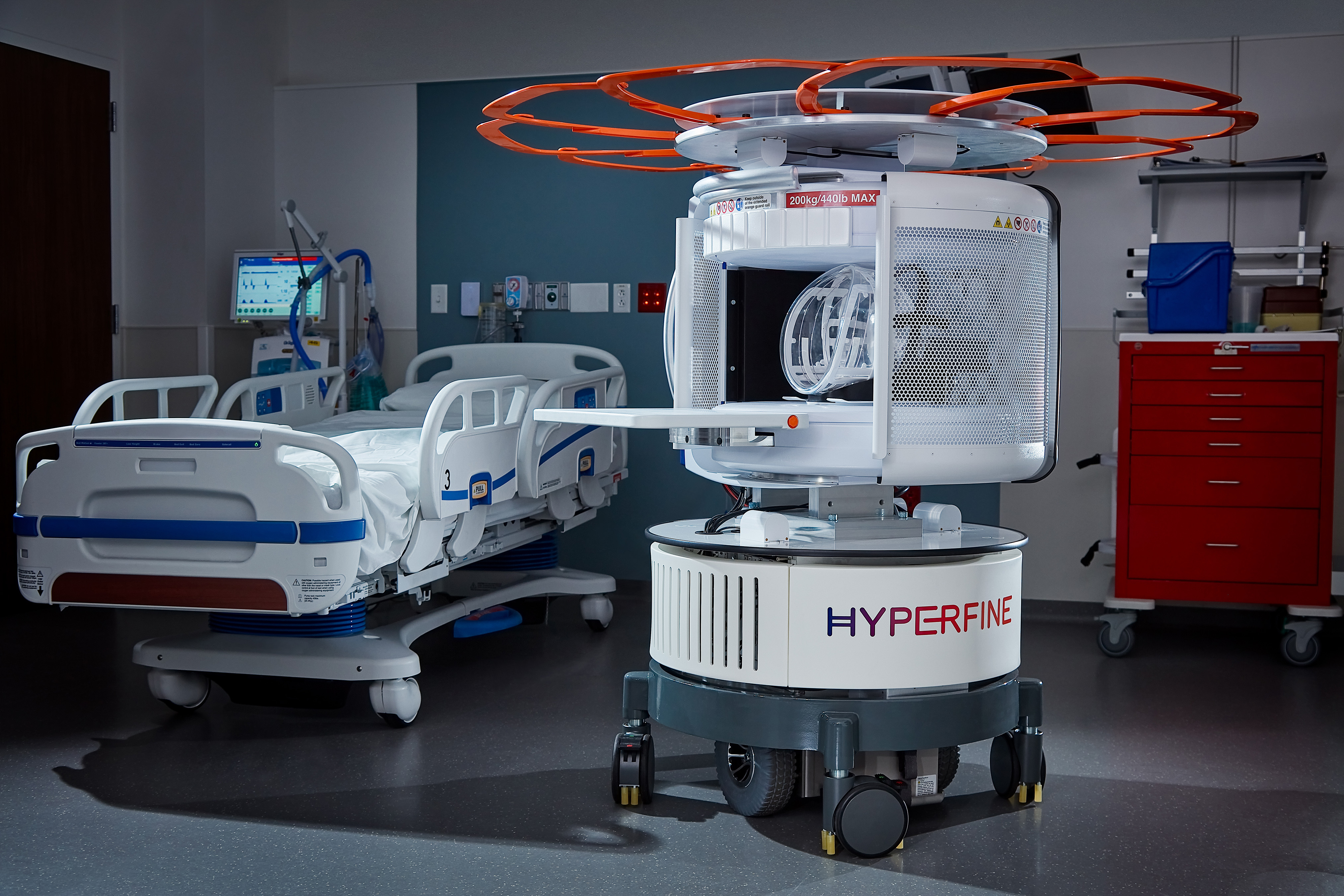

MRI has transformed neuroscience research over the past 50 years, but research participants have had to travel to the scanner. With the advent of highly portable magnetic resonance imaging (pMRI), the scanner will now come to them. This portable technology will allow for more inclusive research with new communities and will enable researchers without access to conventional MRI to study the brain.
A new report, produced by a national working group with interdisciplinary expertise and published in the Journal of Law and the Biosciences, provides urgently needed guidance on ethical, legal, and policy concerns raised by the rapidly emerging use of pMRI for brain research.
Authors of the consensus publication, “Ethical, Legal, and Policy Challenges in Field-Based Neuroimaging Research Using Emerging Portable MRI Technologies: Guidance for Investigators and for Oversight,” developed 15 recommendations to address the ethical and legal challenges of research in partnership with communities that have not previously participated in brain research. Lead authors of the article are University of Minnesota Professors Francis Shen, JD, PhD, Susan Wolf, JD, and Frances Lawrenz, PhD.
“Highly portable MRI can transform neuroscience research and improve access for rural, economically disadvantaged, and historically underrepresented populations,” Shen said. “But this promise will not be realized if needed ethical and legal guardrails are missing.”




A blue-ribbon working group, including Michael Garwood, PhD (University of Minnesota), Damien Fair, PA-C, PhD (UMN), Judy Illes, PhD (University of British Columbia), Paul Tuite, MD (UMN), Jonathan Jackson, PhD (CRESCENT Advising), Donnella Comeau, MD, PhD (Beth Israel Deaconess Medical Center), J. Thomas Vaughan, PhD (Columbia University), and Matthew Rosen, PhD (Harvard Medical School), offers in-depth analysis and concrete recommendations. Among the key findings:
- pMRI scanners can enable new research partnerships with previously underrepresented communities in remote locations, and investigators designing research should partner with the local communities in which research will occur.
- New guidelines and training are urgently needed for safe use of pMRI in field settings, including robust standards for participant privacy and data security.
- The utilization of artificial intelligence by pMRI to generate images and to interpret the meaning of those images should be carefully evaluated and explained to participants in the informed consent process.
- The emergence of citizen scientists using pMRI technology will advance the study of neuroscience in new and exciting ways. It will also require safeguards, such as those now provided by traditional institutional review and oversight.
- Questions remain about how to convey incidental medical findings from pMRI to participants who may not have insurance coverage or live in proximity to advanced medical facilities to access the clinical evaluation and treatment they need.
Development of the report was funded by a $1.6 million 4-year grant from the National Institutes of Health BRAIN Initiative.
“A new era in neuroscience research is dawning with the development of highly portable MRI scanners,” Wolf said. “Our research has anticipated the ethical, legal and social concerns posed by this rapidly evolving technology to promote appropriate use.”
This research project is based at the University of Minnesota’s Consortium on Law and Values in Health, Environment & the Life Sciences, chaired by Susan Wolf and co-chaired by Francis Shen. The project findings were presented and debated in a December 2023 public conference on Emerging Portable Technology for Neuroimaging Research in New Field Settings: Legal & Ethical Challenges.

